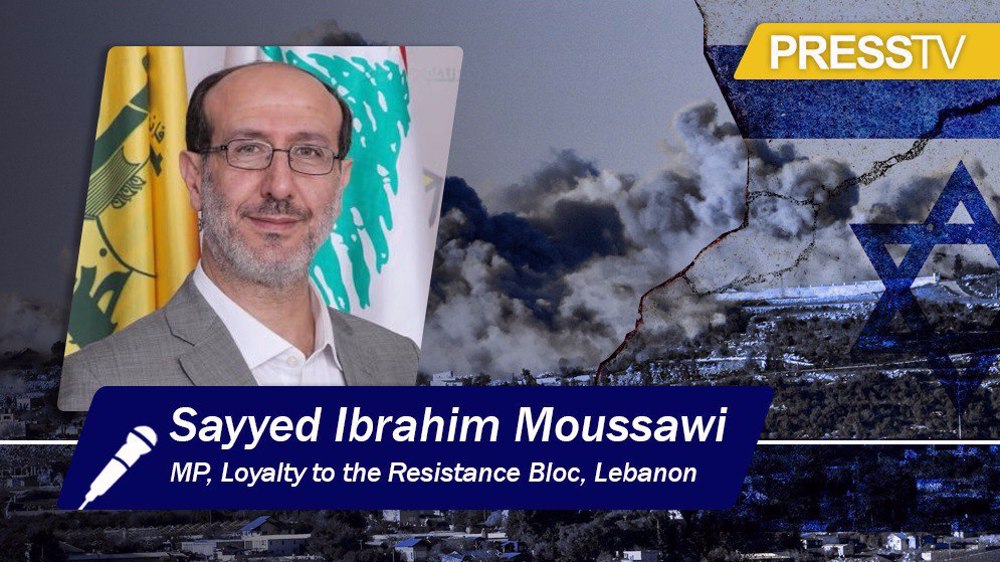Israel border wall 'act of aggression': Lebanon
Israel's plan to construct a security wall on the border with Lebanon amounts to an "act of aggression" and would not go unanswered, Lebanon's top council of political, military and security heads has warned.
Headed by President Michel Aoun, the Higher Defense Council held an extraordinary session on Wednesday to address territorial spats with the Israeli regime, including the wall and an ongoing disagreement over Mediterranean oil and gas reserves.
“A decision was made to give orders to counter any Israeli attempt to build a wall along the Lebanese border as well acting on all levels to counter Israeli statements surrounding Block 9,” the council said in a strong statement, referring to a disputed gas and oil exploration block in the Mediterranean.
"We grant the army forces with the political backing to act against any Israeli aggression on the border—on land and at sea," it added.
Lebanon says the wall violates its sovereignty by passing through territory that belongs to the country but is located on the other side of a UN-designated Blue Line, which sets the limits for Israel's 2000 withdrawal from southern Lebanon.
Israel waged two all-out wars against Lebanon in 2000 and 2006 but fell short of its military objectives in both cases in the face of strong resistance by Hezbollah and the Lebanese army.
According to Aoun, the wall would breach Lebanese territory at 13 different points. Israel on the other hand claims that the wall is being built inside the occupied Palestinian territories.
On Monday, senior Lebanese officials and Israeli army officers held a meeting under the supervision of the UN peacekeepers (UNIFIL) at the Lebanese border town of Naqoura to discuss the contentious wall.
The oil, gas row
The two sides have also nearly come to blows over Lebanon's tender for projects in two of its 10 offshore blocks in the Mediterranean Sea, namely Block 4 and Block 9.
Tel Aviv, which also claims sovereignty over Block 9, has been critical of the move. Last week, Israel’s minister of military affairs, Avigdor Lieberman, described Lebanon's offshore drilling plans as "very provocative."
The dispute runs over 776 square kilometers (300 square miles) of waters claimed by both sides and spreads over the Levant basin, which has been proven to contain large natural gas reserves and maybe even crude oil.
The territorial conflicts have seen Israeli officials step up threats of a possible military confrontation. Lebanese officials as well as the Hezbollah resistance movement have announced that they would respond to any Israeli aggression accordingly.
Relentless Israeli ceasefire violations justify need for self-defense: Lebanese MP
Tel Aviv tells Damascus Israeli forces will remain in occupied territory: Report
Dec. 22: ‘Axis of Resistance’ operations against Israeli occupation
‘Abhorrent’: Oxfam says only 12 trucks delivered aid in North Gaza since Oct.
VIDEO | Leader receives religious eulogists on Hazrat Fatima birth anniv.
Pope Francis slams Israel’s ‘machine-gunning’ of Gaza children
US hostage-taking of Iranian nationals violation of intl. law: Deputy FM
VIDEO | Carol Singers for Palestine on London’s Parliament Square











 This makes it easy to access the Press TV website
This makes it easy to access the Press TV website